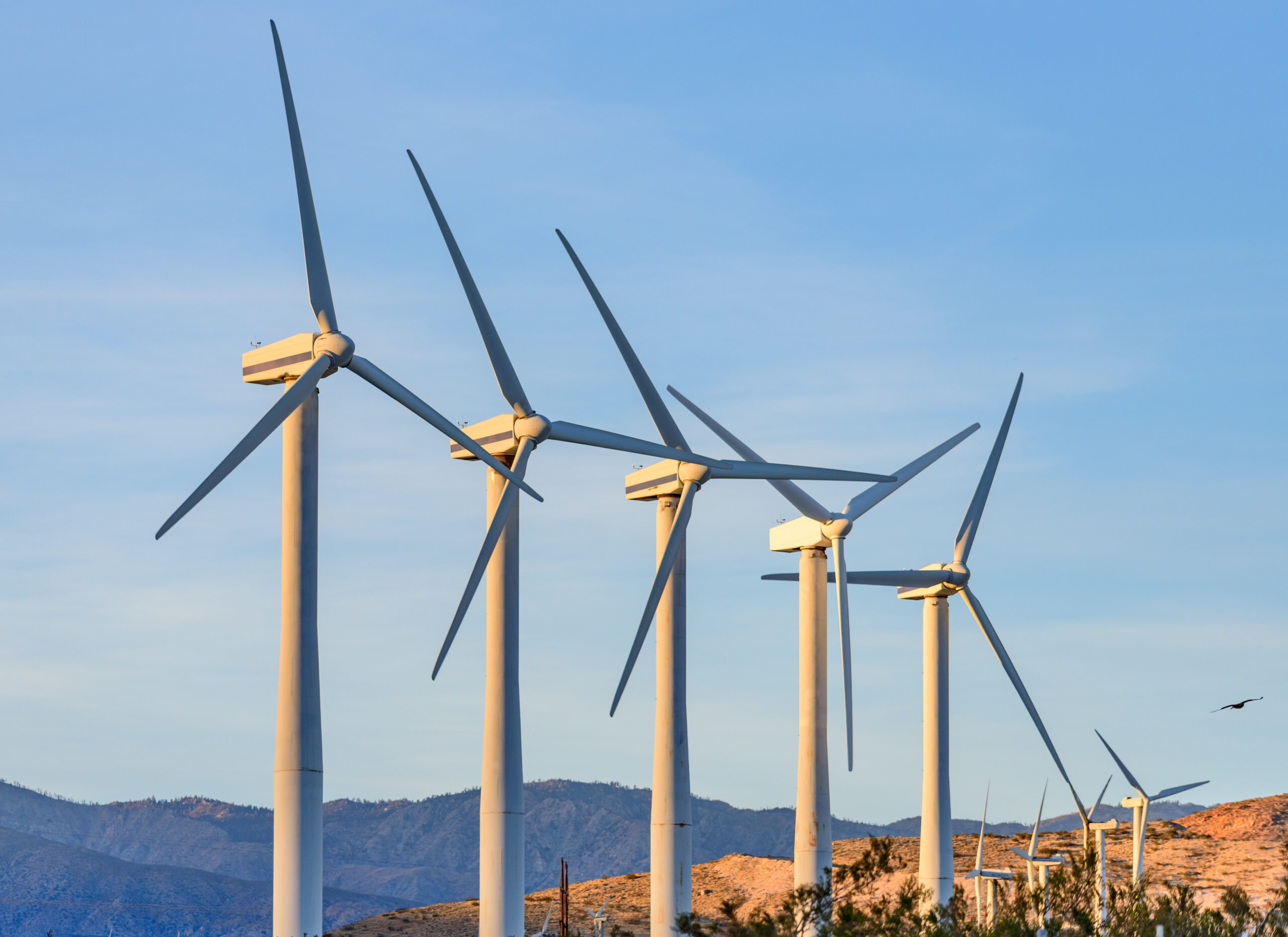Europe can replace Russian gas with renewables by 2028
A new report found that an ambitious plan for Europe to fully replace Russian gas in the next five years is “achievable and beneficial” to both energy security and the climate.

Europe can replace Russian gas with renewable energy and electric heat pumps by 2028, and about half of the cost of investment would be offset by the savings accrued by avoiding fuel costs, according to a new report.
If the EU enacts “plausibly ambitious” policies, the bloc can “simultaneously achieve the twin goals of energy security and climate mitigation in an expedited manner,” a new study from the Oxford Sustainable Finance Group published on Tuesday found.
The cost would be substantial, about 70 percent more than a business-as-usual approach. But much of those costs would ultimately be defrayed by not having to pay for fuel costs on an ongoing basis, namely, the relentless convoy of LNG tankers required to bring in gas from abroad. The report found that 50 percent of the 512-billion-euro investment through 2028 to fully replace Russian gas would be offset over time by avoided expenditures on fuel, and that percentage could be as high as 92 percent depending on the price of gas.
The EU responded to the war in Ukraine last year with a combination of more aggressive green energy plans and demand reduction, but also with public outlays dedicated to importing more LNG cargoes in order to replace disrupted Russian gas flows. But while LNG offers an alternative to Russian gas, the construction of new gas infrastructure undermines climate targets and also risks creating a stranded asset problem as the continent moves away from fossil fuels in the medium- and long-term.
The “EU’s focus on natural gas diversification versus elimination raises serious questions about EU’s commitment to addressing climate change as well as its exposure to risks associated with energy security,” the Oxford report noted, referring to Europe’s decision to ramp up LNG imports from the U.S. and pipeline gas from places like Azerbaijan. “Shouldn’t the EU be focused on eliminating the share of natural gas represented by Russian imports rather than substituting them with other natural gas suppliers?”
Europe does not need to lock itself in to a future of LNG dependency and instead can replace Russian gas supplies with renewable energy and electric heat pumps by 2028, the Oxford study found. That scenario, while ambitious, is both “achievable and beneficial for the EU’s energy security and climate action.”
But the “main uncertainty is with respect to policy, and the European Union would need to be bold and ambitious in green technology deployment,” Oxford concluded. The report calls for policies that include “faster permitting for renewable electricity, diversified and secure supply chains, widespread weatherisation of facilities and a supportive subsidy and financing ecosystem.”



